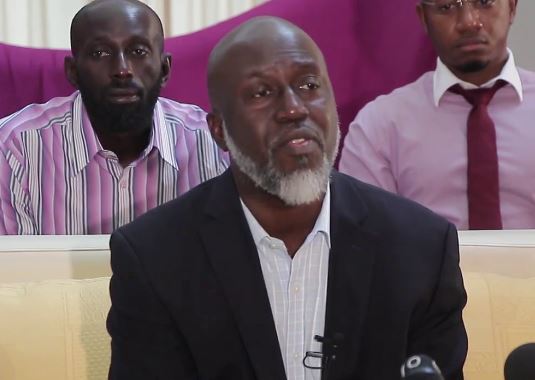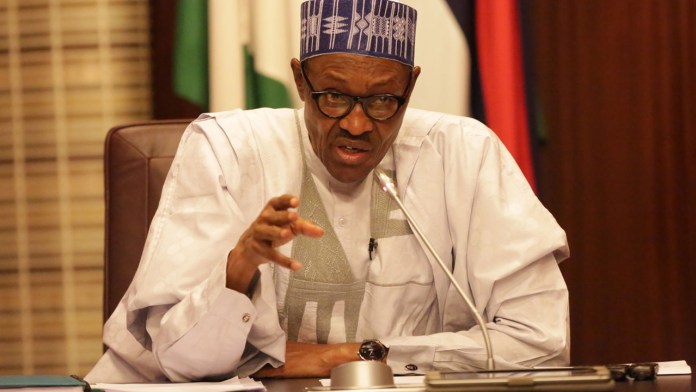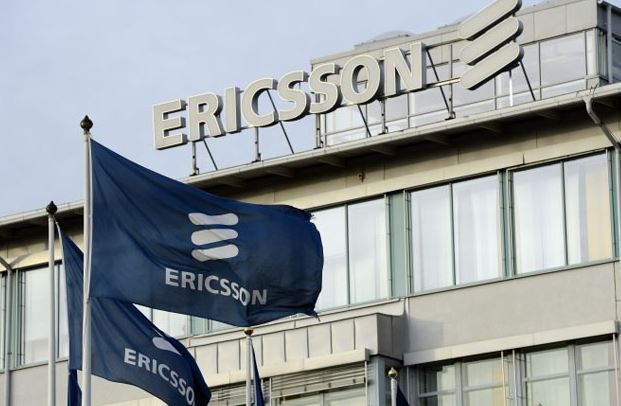The U.S. Federal Bureau of Investigations, FBI, has declared a Nigerian, Kelechi Declan James, wanted.
The FBI made this known on its Twitter handle and its website on Friday.
According to the FBI, the accused has federal criminal charges against him from an investigation by FBI New York’s Cyber Crime Task Force.
As alleged in a complaint sworn out of the U.S. District Court for the Southern District of New York, Mr. James, along with four other co-conspirators, ran an e-mail compromise scheme that resulted in losses of more than $5 million for their victims.
As part of scheme, the suspect and his co-conspirators allegedly defrauded victims across the U.S. by tricking them into wiring money to bank accounts the victims believed were owned by friends or business associates.
They did this in two ways: by overtaking an e-mail account of an individual trusted by the victim and then requesting money be wired to a bank account; or by developing a relationship of trust with victim like an Internet romance and then asking the victim to wire money, the American agency said.
As soon as the money was wired, it would be moved from one account to another, and the funds would be withdrawn. Mr. James’s role in this scheme was to withdraw the money from bank accounts, the FBI said.
“James is known to frequent the Brooklyn neighborhoods of East New York (Crescent Street and Loring Avenue; Vermont Street between Blake Avenue and Dumont Avenue), Brownsville, Bedford-Stuyvesant (MacDougal and Hull Streets), Crown Heights (Park Place and Utica Avenue), Flatbush (E 29th and Avenue D), and East Flatbush (East 51st and Winthrop Street),” the agency said.
The FBI offered a $1,000 reward for information that leads to his arrest.




